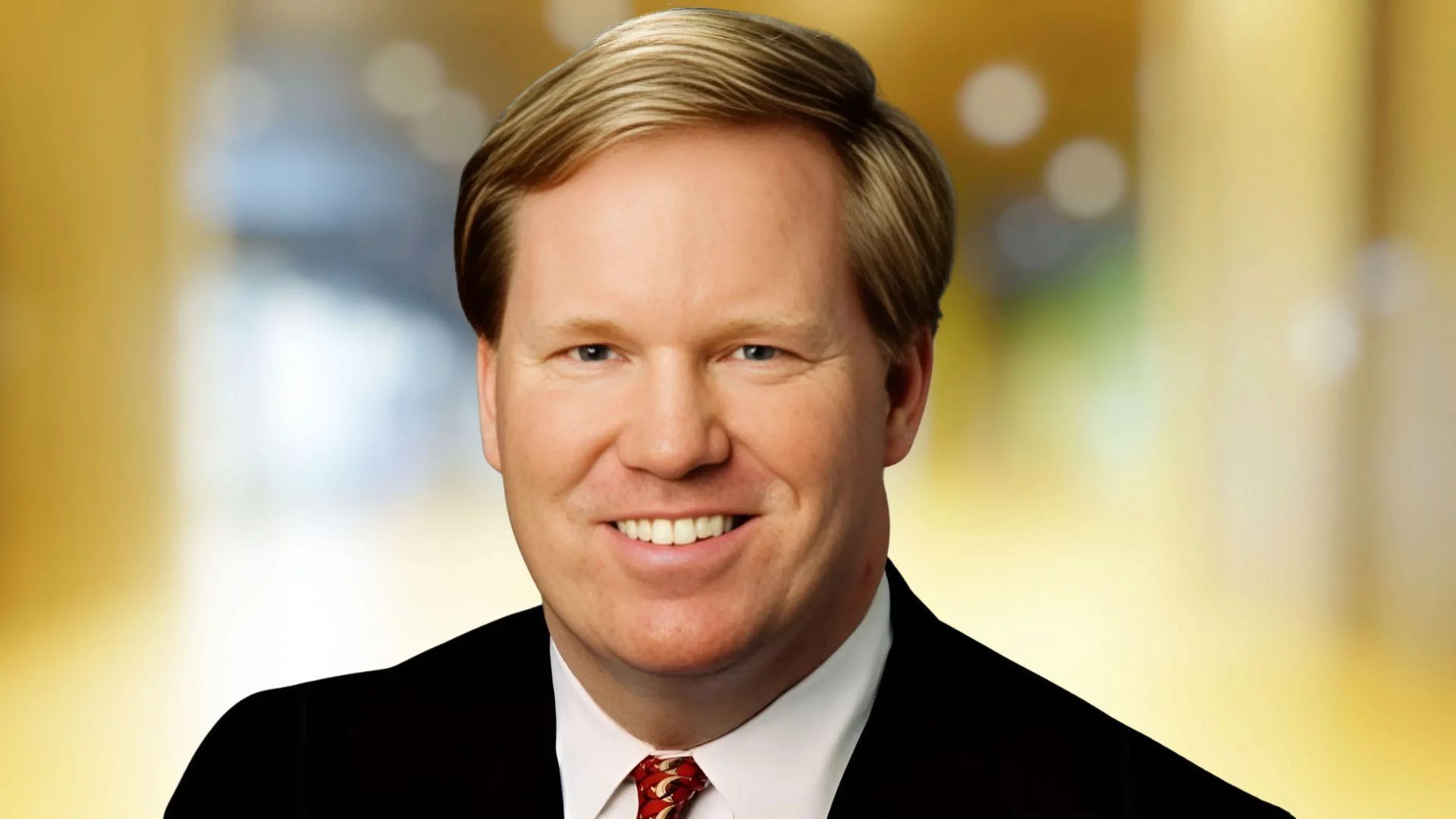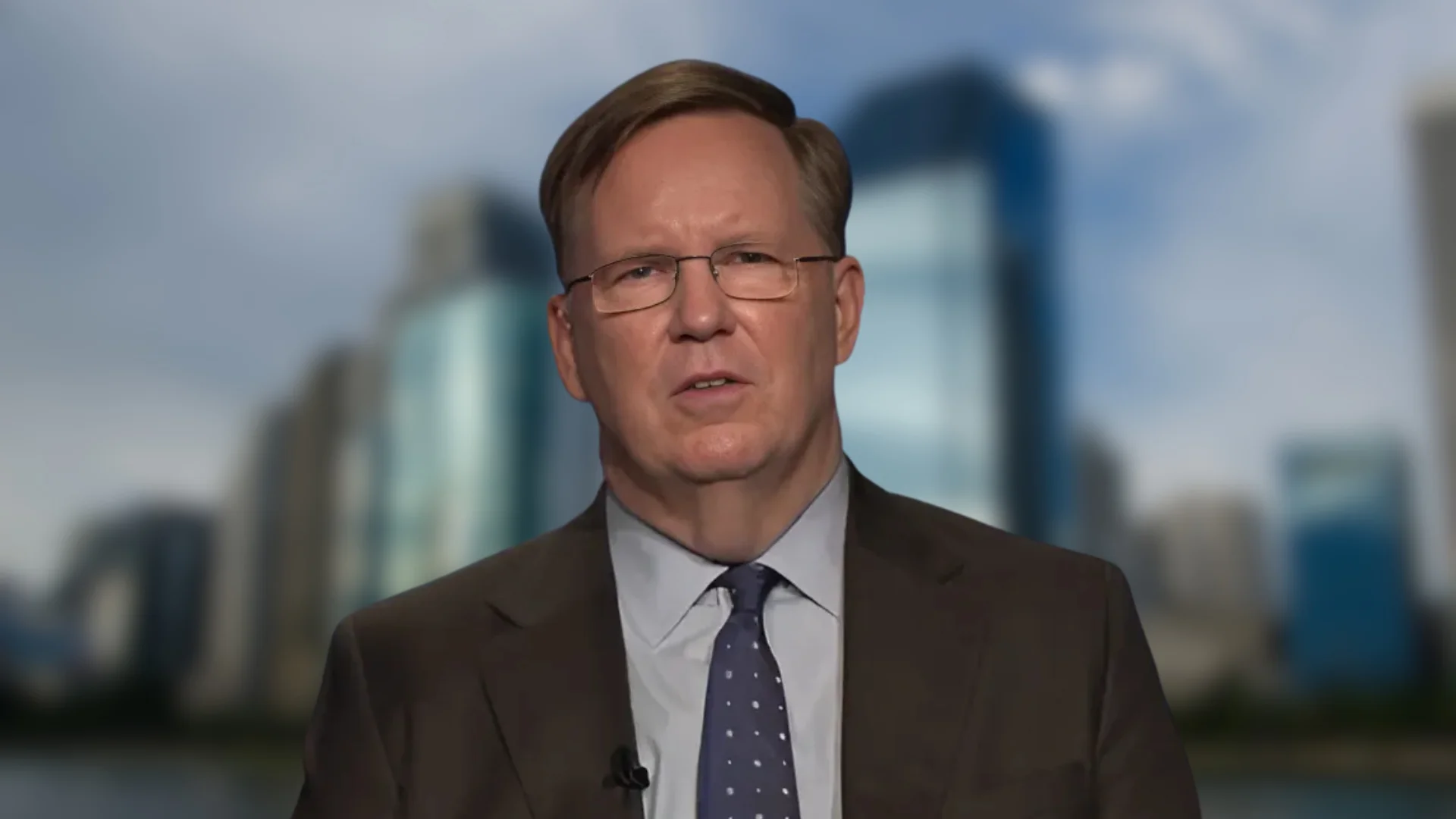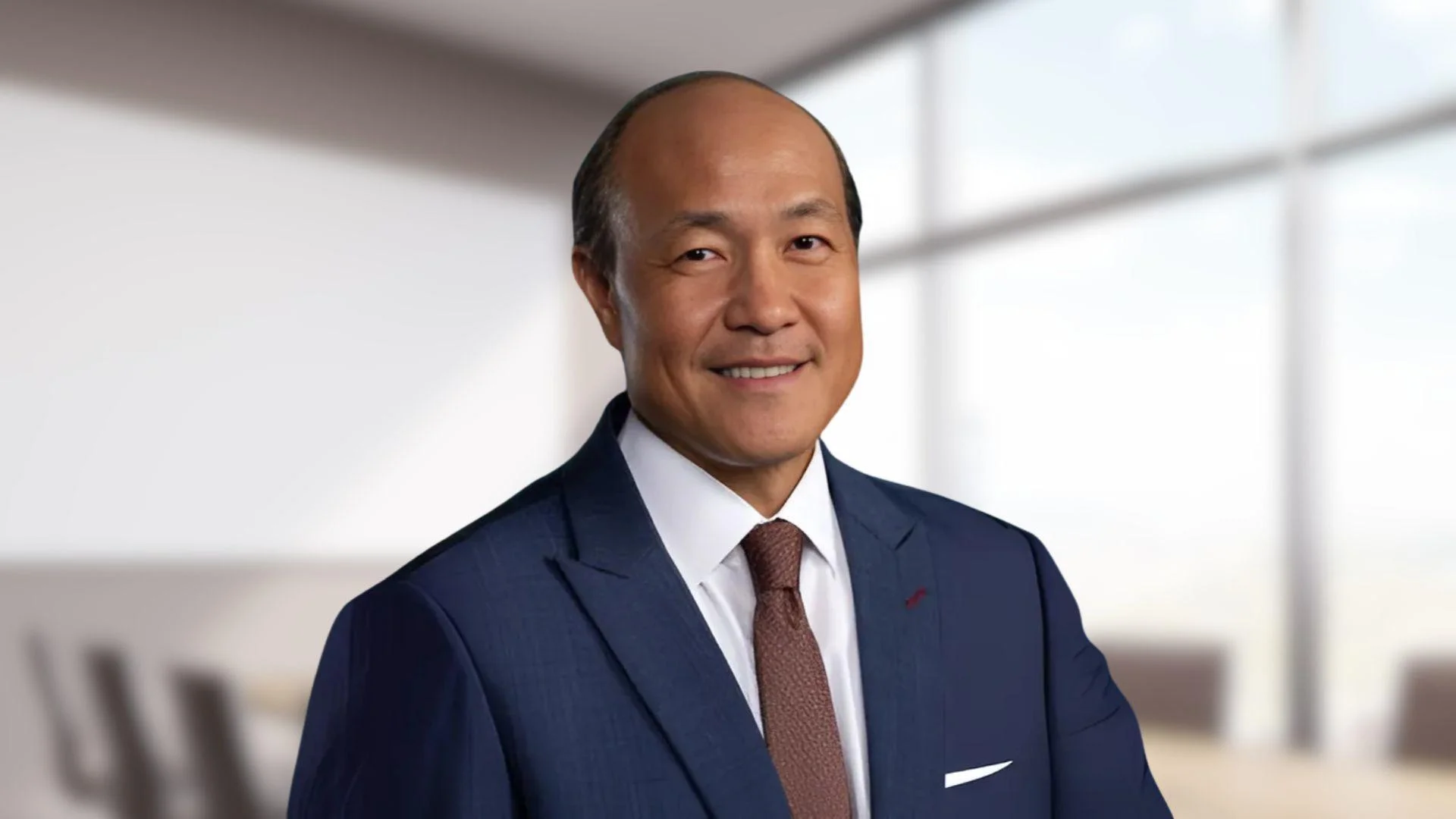
Harold H. Kim, President for U.S. Chamber Institute for Legal Reform | The Federalist Society
The U.S. Chamber Institute for Legal Reform has announced its challenge to claims made by Deminor Litigation Funding's Kevin Demoulin, urging that litigation funding be subject to appropriate safeguards, according to a press release.
According to the Institute for Legal Reform, Deminor’s defense of litigation funding overlooks significant risks to claimants, including reduced recoveries and excessive funder control. The Chamber said that access to justice should not be an "expensive entry ticket to the court system" but should guarantee fair outcomes for all parties. The group highlighted the UK’s Bates v. The Post Office case, where litigation funders and lawyers reportedly took 80% of a £57.5 million settlement, leaving postmasters with about £20,000 each. They argued this case shows how funders’ pursuit of high returns can undermine fairness in justice systems.
The Chamber cited the U.S. case Sysco Corp. v. Agri Stats as an illustration of how funders may control litigation strategy. According to the Institute for Legal Reform, Burford’s funding agreement with Sysco required the company to notify the funder of any settlement offer and prohibited acceptance without Burford’s consent. They argued that such provisions limit a claimant’s autonomy and can prolong disputes, contradicting claims that litigation funders reduce delays. This example highlights the need for transparency and safeguards to prevent abusive practices.
Concerns about funder interference have surfaced in ongoing litigation involving Tyson Foods, Sysco, and Burford Capital. Reuters reported that Tyson sued Burford in June 2025, alleging the funder unlawfully blocked a proposed settlement between Sysco and poultry suppliers, showing how funder control clauses can affect active negotiations. Burford denied wrongdoing, saying it was exercising its contractual rights, but the case has intensified debate over whether funders exert excessive influence. Legal experts cited in the report called the case a potential watershed moment for defining the limits of third-party litigation funding in U.S. courts.
The U.S. Chamber Institute for Legal Reform (ILR) is an affiliate of the U.S. Chamber of Commerce advocating for fair and efficient civil justice systems. According to ILR, it conducts research, engages policymakers, and leads public campaigns to reduce lawsuit abuse and improve global legal climates. The organization describes itself as "the country’s most influential and successful advocate for civil justice reform, both in the U.S. and abroad," with initiatives spanning regulatory engagement, litigation transparency, and international advocacy.






 Alerts Sign-up
Alerts Sign-up